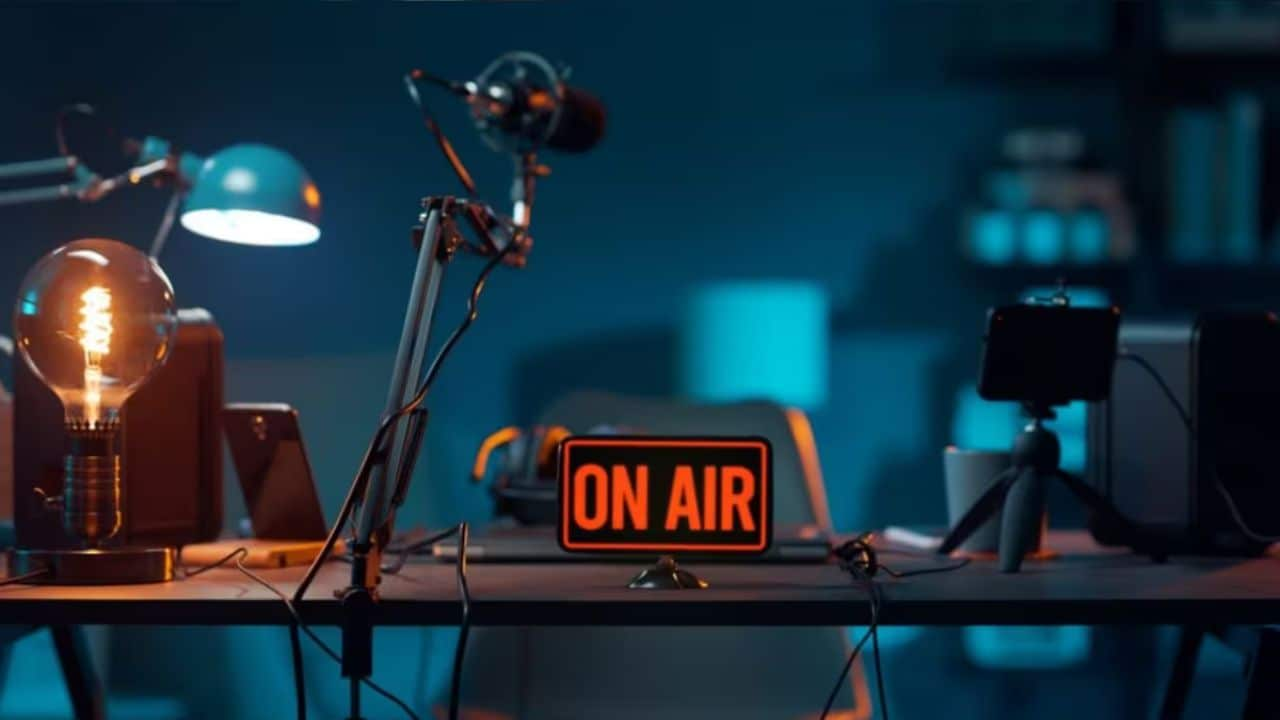From pushing for content freedom to requesting a reduction of the GST on radio (from 18 percent at present to making it 5 percent- at par with print), radio operators shared various concerns and recommendations in a recent consultation meeting chaired by Ashwini Vaishnaw, Minister for Railways, Information and Broadcasting, Electronics & Information Technology.
The meeting saw participation from Uday Chawala, Secretary General, Association of Radio Operators for India (AROI), S Chandrasekhar, Vice President, Community Radio Association of India (CRA) and Nisha Narayanan, COO, RED FM & Magic FM, among others.
Radio, though the smallest segment of the Media and Entertainment (M&E) industry, boasts a listenership of 20 crores in India and recently celebrated its 100th anniversary. The revenue of the sector is about Rs 3000 crores. The mass medium, however, is plagued with various issues.
For one: the issue of de-linking NOTEF (Non-Refundable One Time Entry Fee).
Industry members raised concern over the linking of annual license fee to the highest OTEF which has been fatal to FM Radio sector.
In its recommendations to the Ministry of Information and Broadcasting (MIB) last year, the TRAI stated that the annual licence fee should be calculated at 4% of the Gross Revenue (GR), excluding GST, of the FM radio channel. The authority noted that the current methodology of determining licence fees impinges on the business of the FM radio operators who are required to pay annual licence fees for a city at 4% of their annual gross revenue or 2.5% of the NOTEF, whichever is higher.
TRAI has observed that more than 47% of the 384 radio channels are subjected to licence fee payment of over 4% when the licence fee is calculated based on NOTEF. During the consultation, it was suggested by Nisha Narayanan, COO, RED FM & Magic FM, that the TRAI recommendation may kindly be accepted.
“Balance frequencies were auctioned for e.g. in Delhi, Mumbai and Chennai- this resulted in high bids, almost 4 times the migration OTEF. Other operators must pay 2.5 % of the highest OTEF. At the time of Covid, revenue dropped by 80 percent. Almost the entire revenue of operators across all cities went into paying 2.5% OTEF”, she said.
It is also to be noted that print and radio are direct competitors in local cities and towns. However, print is charged with 5 percent GST, while radio is charged with 18 percent.
The Ministry of I&B had recommended to GST council that GST on radio should be 5 percent in the past.
However, the issue remains pending for years.
The industry stakeholders requested that the matter be taken up by the GST Council. It was also recommended that the issues be addressed in tandem by all ministries in charge.
Further, concerns were raised over the content freedom on radio as the news, current affairs, and national/international sports are not allowed. India is the only democracy having such restrictions.
“…the current affairs has no definition in any statute and hence almost every topic is banned. FM Radio has a history of being a very responsible medium and worked closely with the Government during emergencies; during Covid, it worked very closely with the Ministry of I&B in broadcasting the right information and countering rumors,” Narayanan pointed out.
In the past, the TRAI has recommended that the content restrictions should be removed, and news and current affairs should be allowed on radio.
Furthermore, the industry stakeholders requested that multi-media organisation should be allowed to source news in-house from their newspapers, television etc.
Narayanan also noted that a decade plus back, there were many radio sets available in the country. With the advent of mobile sets with FM receivers, the radio set industry has almost been wiped off. Many mobile manufacturers /operators thereafter deactivated or avoided giving radio receiving options to facilitate consumption of digital options.
National Disaster Management Authority (NDMA) has recommended radio receivers on mobile to be made mandatory. TRAI, in this matter, recommended that the Government should consider making radio on mobile mandatory. An advisory has already been issued by Ministry of Electronics and IT.
Radio stakeholders requested that TRAI recommendation may kindly be accepted. Additionally, advisory may also be issued that all citizens should have battery-operated radio receivers for any emergency. This has been done by the UK Government, among others.
